Cartoon – One Track Mind




We invented plastic to make our lives better but the dependence on plastic has caused an environmental crisis. Will we be able to reduce our use before it’s too late? Your day has begun by turning off the alarm of your cell phone, you have brushed your teeth, brushed and combed your hair, gotten dressed, grabbed a juice bottle, water […]
Read more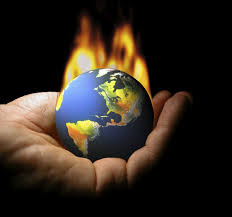
An analysis of isotopes in marine fossils from around the world yielded the most complete record of Earth’s temperatures yet—and showed that the planet is heating up at a rate unprecedented in the past 11,300 years. Scientists say that if it weren’t for greenhouse gas emissions, a cooling trend that began 5,000 years ago after a shift in the planet’s […]
Read more
There is little dispute that in the wake of European colonists’ arrival in the New World, Native American populations were decimated by disease and conflict. But when it comes to the timing, magnitude, and effects of this Native American depopulation — it depends on who you ask. Many scholars claim that disease struck the native population shortly after their first […]
Read more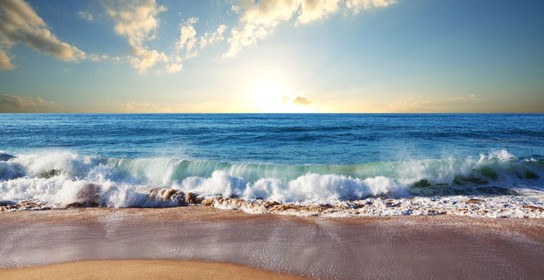
Stare out upon the ocean at sunset and you can almost convince yourself that all is well beneath the surface. Sadly, the exact opposite is very true. Three new studies reveal just how sick the oceans are, as well as just how big a role humans are playing. Let’s begin with climate change: according to a report from NASA and […]
Read more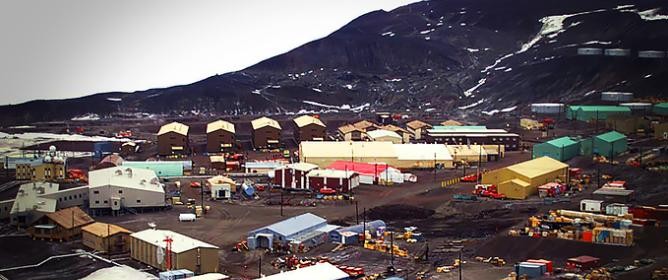
Are the scientists working to save Antarctica’s fragile ecosystem inadvertently contributing to its destruction? Could they possibly be Destroying Antarctica? A new study has linked a chemical used in flame-retardants—called polybrominated diphenyl ethers (PBDEs)—that is contaminating the Antarctic environment to Australia’s Casey research station. Researchers found that dust and treated wastewater at the station contained PBDEs and another chemical that […]
Read more
The Seabin marine waste collector shows how often the simplest solutions are the most effective. The rubbish collector, designed to float in marinas, inland waterways, residential lakes and harbors, collects floating debris and liquids by sucking water from the surface and letting if flow out through the bottom of the structure, trapping waste in a filter bag. The inventors have […]
Read more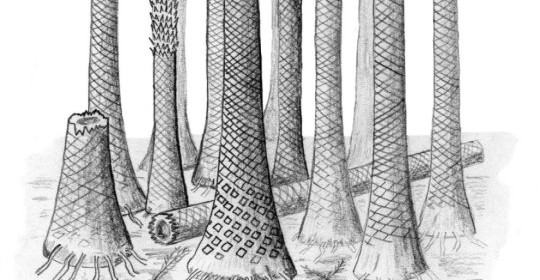
UK researchers have unearthed ancient fossil forests, thought to be partly responsible for one of the most dramatic shifts in Earth’s climate in the past 400 million years. The fossil forests, with tree stumps preserved in place, were found in Svalbard, a Norwegian archipelago situated in the Arctic Ocean. They were identified and described by Dr Chris Berry of Cardiff […]
Read more
NASA has released new images showing global sea level rise. The agency’s scientists say sea level rise accelerating four inches in the last two decades is definite cause for concern. (Aug. 27) Video provided by AP Source: AP / Powered by NewsLook.com
Read more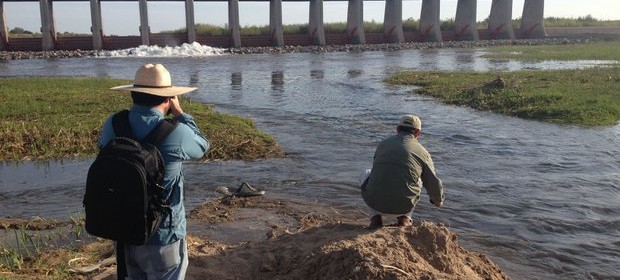
2013 – Colorado River Delta, Mexico: Water began flowing in the Mexican part of the Colorado River for the first time in decades. Dams, including the Hoover Dam and the Morelos Dam, usually keep most of the river’s water in the U.S. and divert some to Tijuana and surrounding farmland. The joint U.S.- Mexican International Boundary and Water Commission authorized […]
Read more